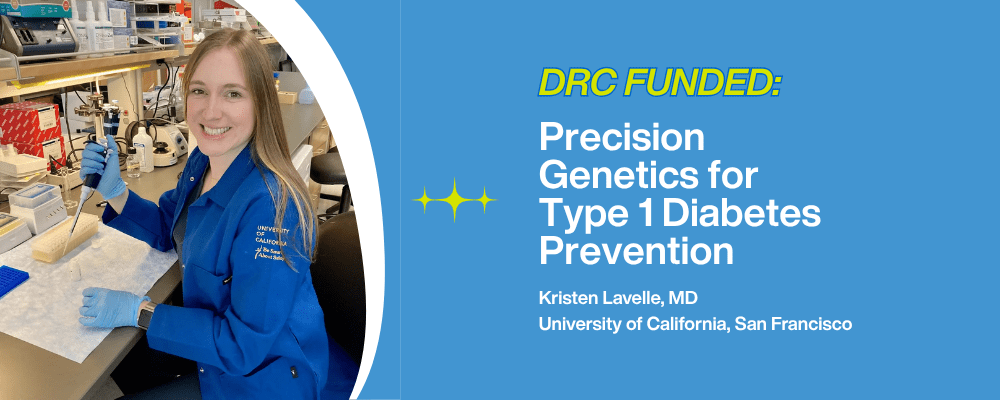One of the complications that can stem from living with diabetes is the risk of developing diabetic kidney disease. The kidneys play a critical role in filtering waste and excess water out of the blood and sending it out of the body. Prolonged high blood sugar and/or blood pressure can damage the kidneys and prevent them from functioning effectively. Eventually, individuals may require dialysis or a kidney transplant if damage is too extensive.
However, a recent study from the Joslin Diabetes Center found that some people have biological protective factors that may be effective in reducing risk of diabetic kidney disease. Their bodies have certain enzymes that affect glucose metabolism and protect the kidneys. Researchers studied cohorts of individuals who have been living with type 1 or type 2 diabetes for more than 50 years with minimal or no complications. They are referred to as Joslin Medalists.
One key finding was that the Medalists had increased PKM2, an enzyme in the blood that protects against diabetic kidney disease. There were also other metabolites and proteins that appeared at higher levels as well in their plasma. An interesting discovery was that the presence of an amyloid precursor protein (APP)—which is known to signal increased risk of Alzheimer’s disease—may actually work as a protective factor against diabetic kidney disease.
Scientists need to conduct additional research to further understand these potential protective factors and how they can be used to improve diagnosis and treatment of diabetic kidney disease or diabetes in general. Diabetic kidney disease can be a potentially fatal complication, so the more researchers understand about how it develops and the biological protective factors that can decrease risk, the better they can support individuals living with diabetes and their health.
Though not involved with this study, the Diabetes Research Connection (DRC) stays abreast of the latest research regarding type 1 diabetes and ways to improve diagnosis, treatment, and quality of life for individuals with the disease. Through donations from individuals, corporations, and foundations, the DRC provides critical funding for early career scientists to pursue novel research studies and further understanding of type 1 diabetes.




